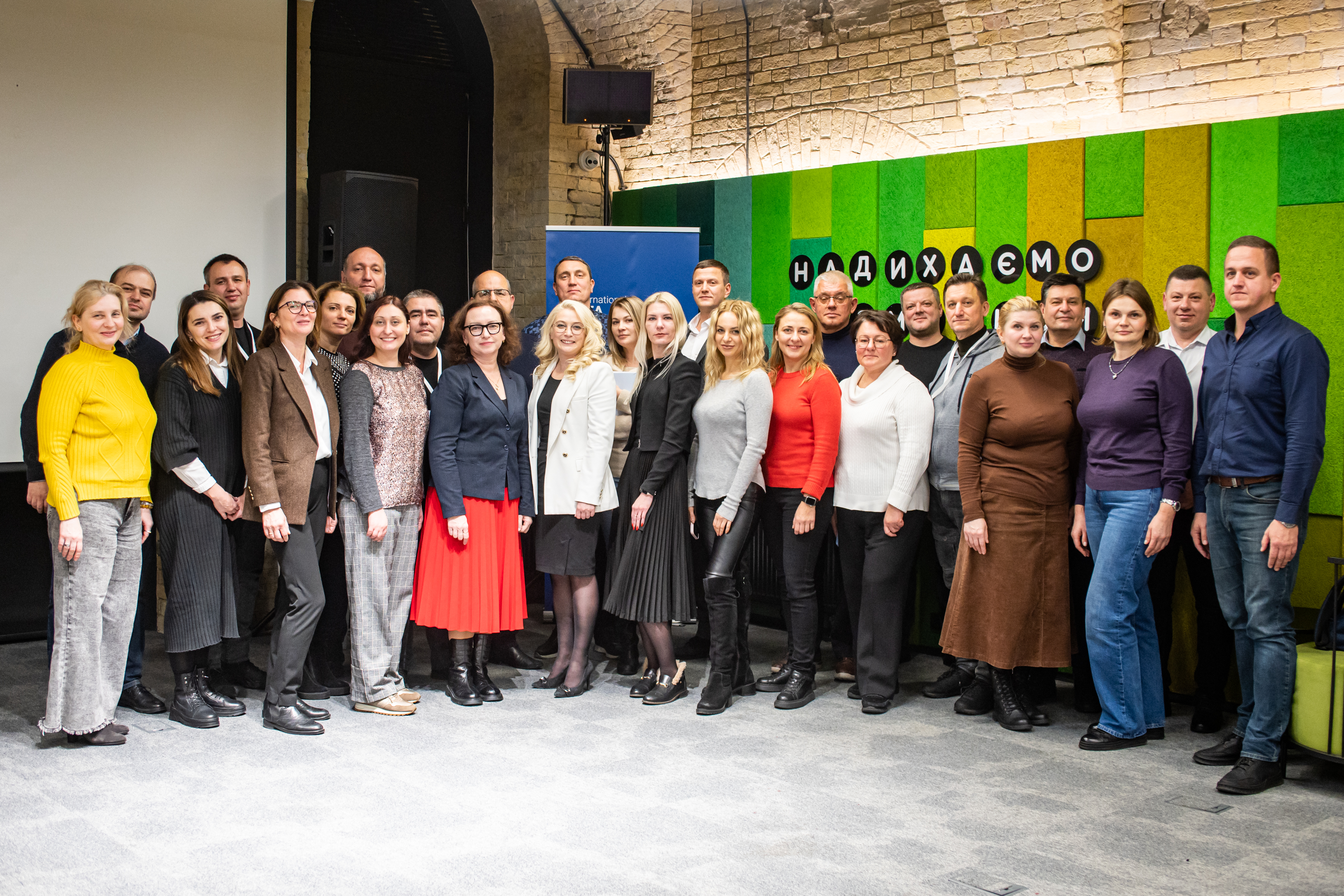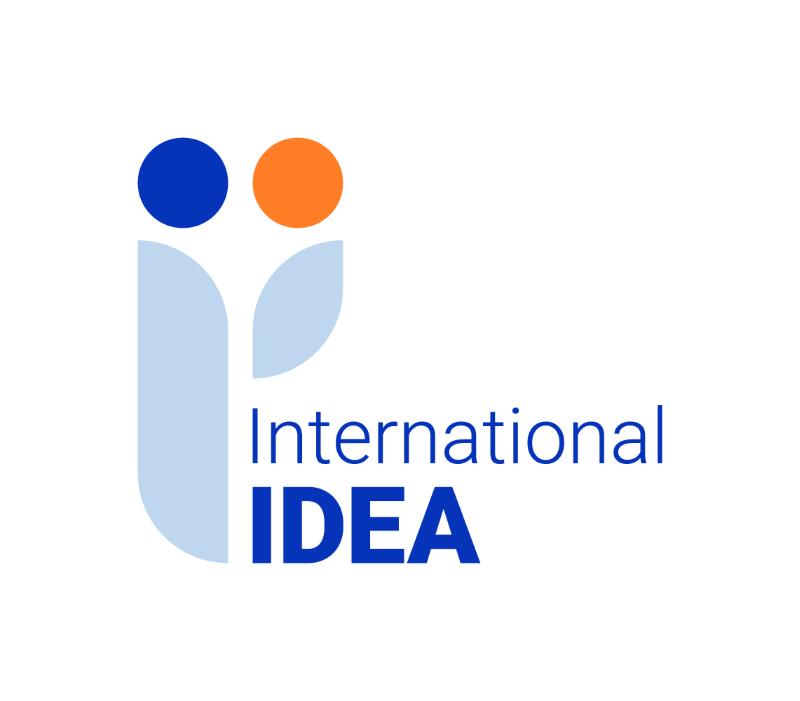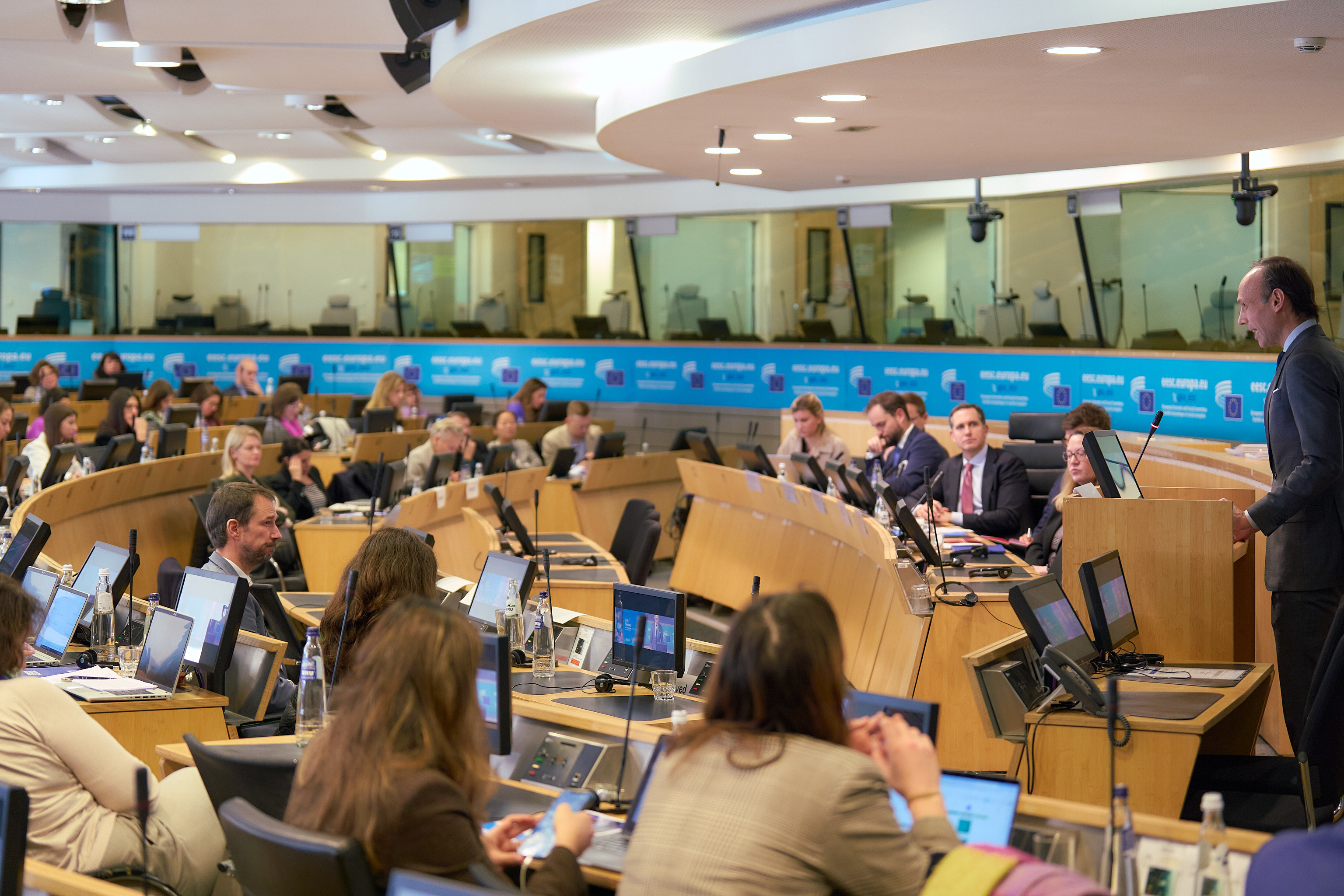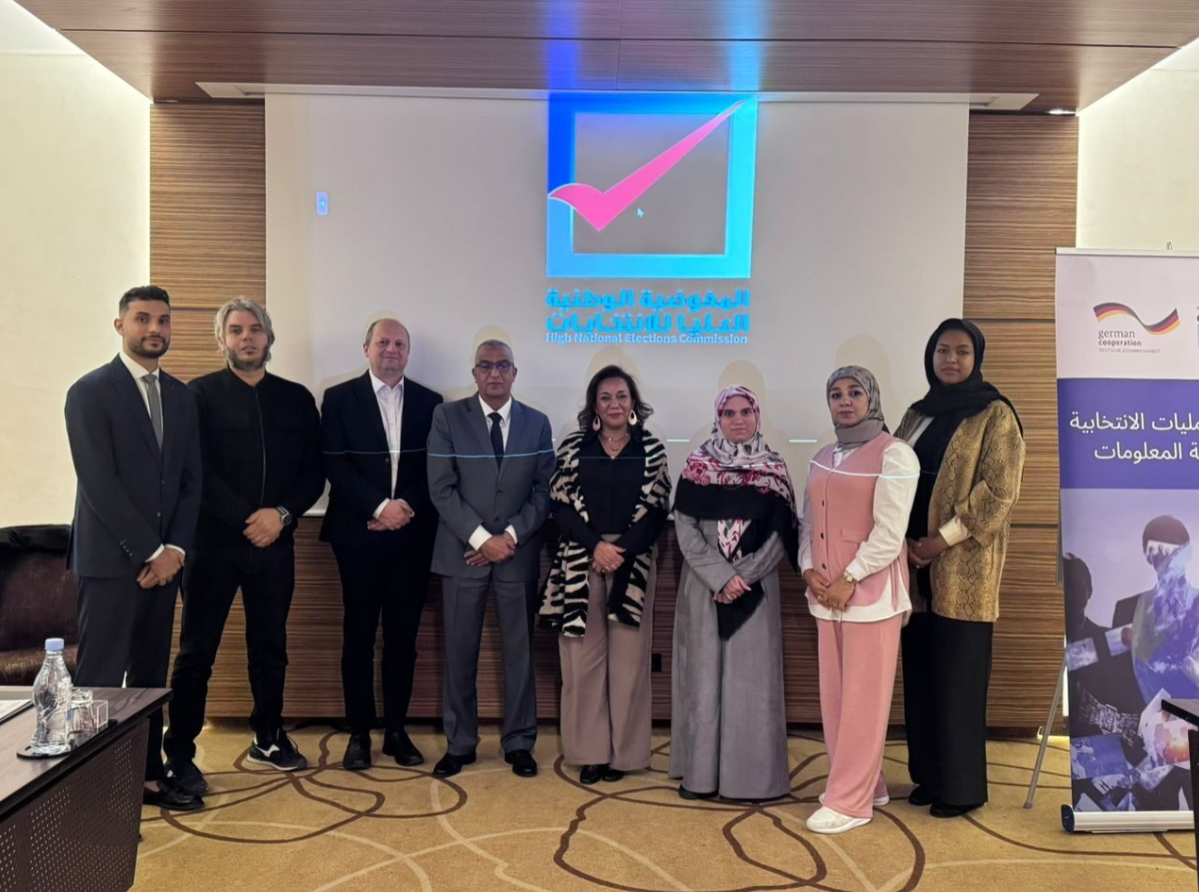Inter-party dialogue on natural resource governance for socioeconomic transformation of central African countries

On 14 and 15 November, the Africa and West Asia Programme of International IDEA (AWA IDEA) organized (in partnership with the African Capacity Building Foundation (ACBF)) a technical training and capacity development workshop on inter-party dialogue. The focus of the workshop was on natural resources governance and socioeconomic transformation in Central African countries. This regional discussion was organized as one of the recommendations of the interparty dialogue on natural resources governance in Africa, which took place in Cape Town, South Africa on 9 and 10 February 2016.
The technical training and capacity development had three main objectives:
- To explore the ways to provide programmatic and dialogue knowledge support to political parties in Central African countries.
- To share ideas/knowledge about how strong internal party policies and a sustained inter-party dialogue on legal and institutional arrangements in relation to natural resources governance could be strengthened to prevent/mitigate political and electoral violence in Central African countries and to achieve sustainable economic development for the region.
- To discuss and reflect on the means to enhance the role of political parties in preventing/mitigating political and Electoral Violence in the Central Africa region.
The meeting brought together around 20 participants, including senior members of parliament and representatives of political parties from Angola, Cameroon, the Central African Republic and Tchad. There were also representatives of the Pan African Parliament; the African Peer Review Mechanism; la Francophonie; the African Union Department of Political Affairs and experts from ACBF; International IDEA; the Natural Resources Governance Institute; the International Alliance on Natural Resources in Africa; and from the Cameroon Policy Analysis Research Center.
The main conclusions of the workshop were as follows:
- In Central African countries, alongside the need for strong institutions and transformational leadership, political participation and citizen representation are critical elements in conflicts prevention and political crises mitigation, as well as in the socioeconomic transformation. Support to political participation and representation (including of women and youth) must therefore be a key focus of preventive diplomacy in the region.
- Working in strengthening political participation and representation requires, in Central Africa more than in other regions, a strong knowledge of the political economy and of local contexts and nuances that deeply differ from one country to another due to historical, social and political trajectories before and after their independence as well as their respective realities since the second wave of democratization in the 1990s.
- On the basis of this knowledge of the terrain and of the national specificities, strengthening the capacities of political parties to prevent / mitigate political or electoral violence and contribute to the socio-economic transformation of the countries of Central Africa must follow an incremental and differentiated approach. Depending on the contexts and situations, it must begin by strengthening their programmatic capacities, building trust among them, and improving internal democracy. Strengthening their internal systems and processes to ensure inclusion and better diversity management should also be given priority. All these are critical pre-requisites for effective interparty dialogue within countries of this region.
- The gradual approach is particularly important taking into account the fact that, during the transition of the 1990s, several countries in the region experienced spaces of dialogue including political parties (the national conferences) which did not necessarily lead to political consensus but rather reinforced the polarization of political game. International IDEA and partners can in particular add value by providing comparative information and hands-on tools to properly design national interparty dialogue platforms.
- The themes for inter-party dialogue must also take into account the specific contexts (hyper presidential systems) and the stakes in each country of Central Africa. While the governance of natural resources is important for their socio-economic transformation, the definition of the policies related to it is, in all the countries of the region, an exclusive competence of the heads of states. Strengthening the programmatic capacities of the political parties in this field therefore necessitates integrating the logic of the institutional architecture of each of these countries and presupposes different strategies (development of internal expertise, support to civil society, communication/valorization of existing manifestos, etc.). No model or tool can be transposed from one country to another or from one region to another.
- The partners present agreed to continue to work together to improve the capacities of political parties of Central African countries to enhance their contribution in preventing/mitigating political and electoral violence and socioeconomic transformation of the region.




